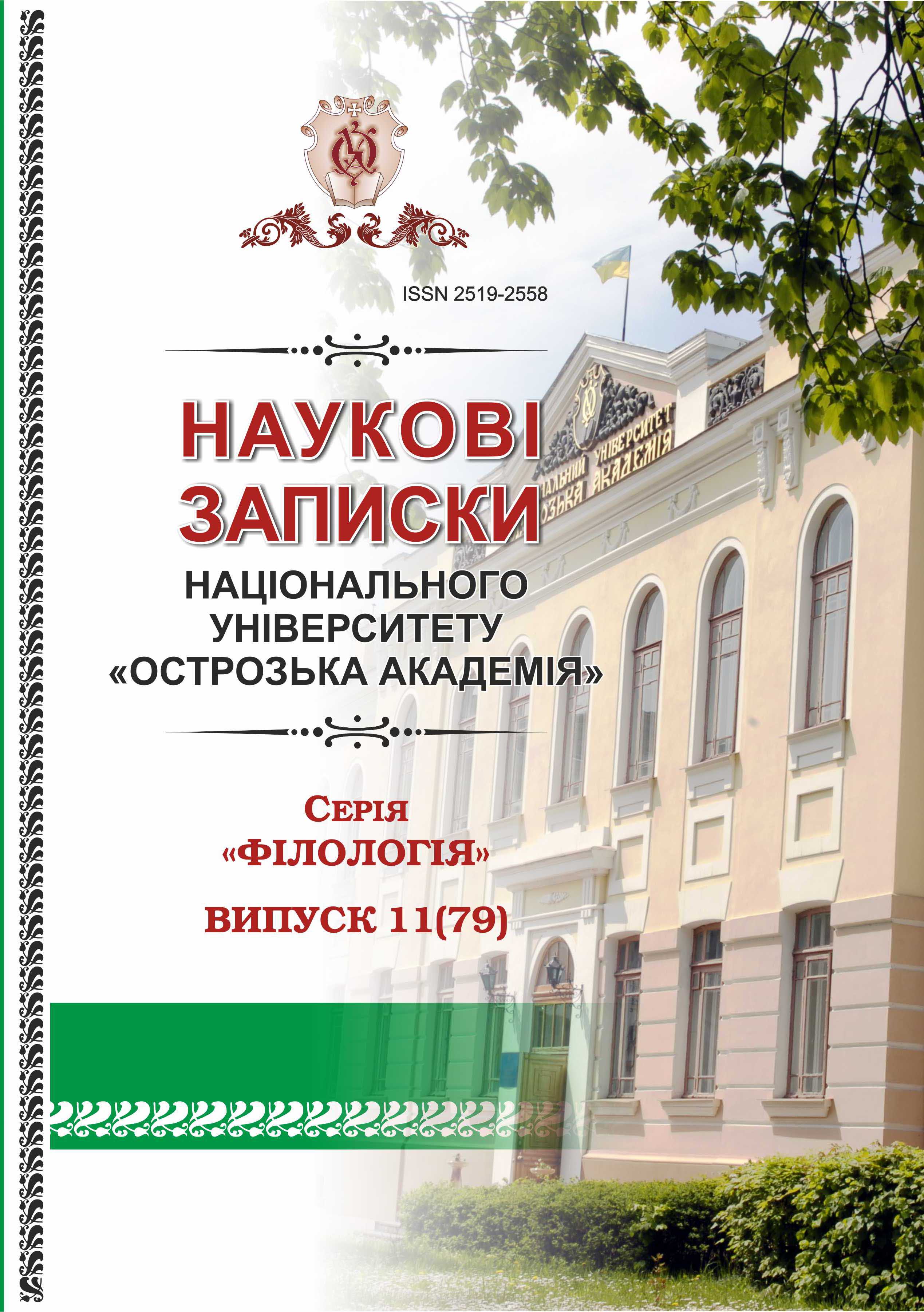SPECIFICS OF OLD ENGLISH SYNTAX AS THE BASIS FOR GRAMMATICALIZATION OF FOCUSING ADVERBS
Keywords:
information structure, word order, focusing adverbs, clause, Old EnglishAbstract
The article deals with the preconditions of focusing adverbs grammaticalization in Old English, which function as one of the markers of sentence information structure in Modern English. With major strategies of highlighting the components of information structure in the language of VII-XI cen. being analyzed, the study found that the order of arranging the elements in the sentence was, namely, most sensitive to old/new information allotment, as well as, sentence topic and focus marking, which explains the word order variations in the clause. Adverbs as a class in this period were represented by temporal, VP- and sentential ones. All these types have relevance for the current study given that they may serve as one of the sources of grammaticalization for focusing adverbs in further periods of the English language development. The other source for the highlighted adverbs formation were adverbial suffixes -ly or -e added to adjectives, nouns and verbs. It was proved that the major adverbial discourse markers in Old English are temporal adverbs þa/thonne, her and nu. Therefore, this class presumably served the basis for the formation of new focusing adverbs at further stages of the language evolution.

